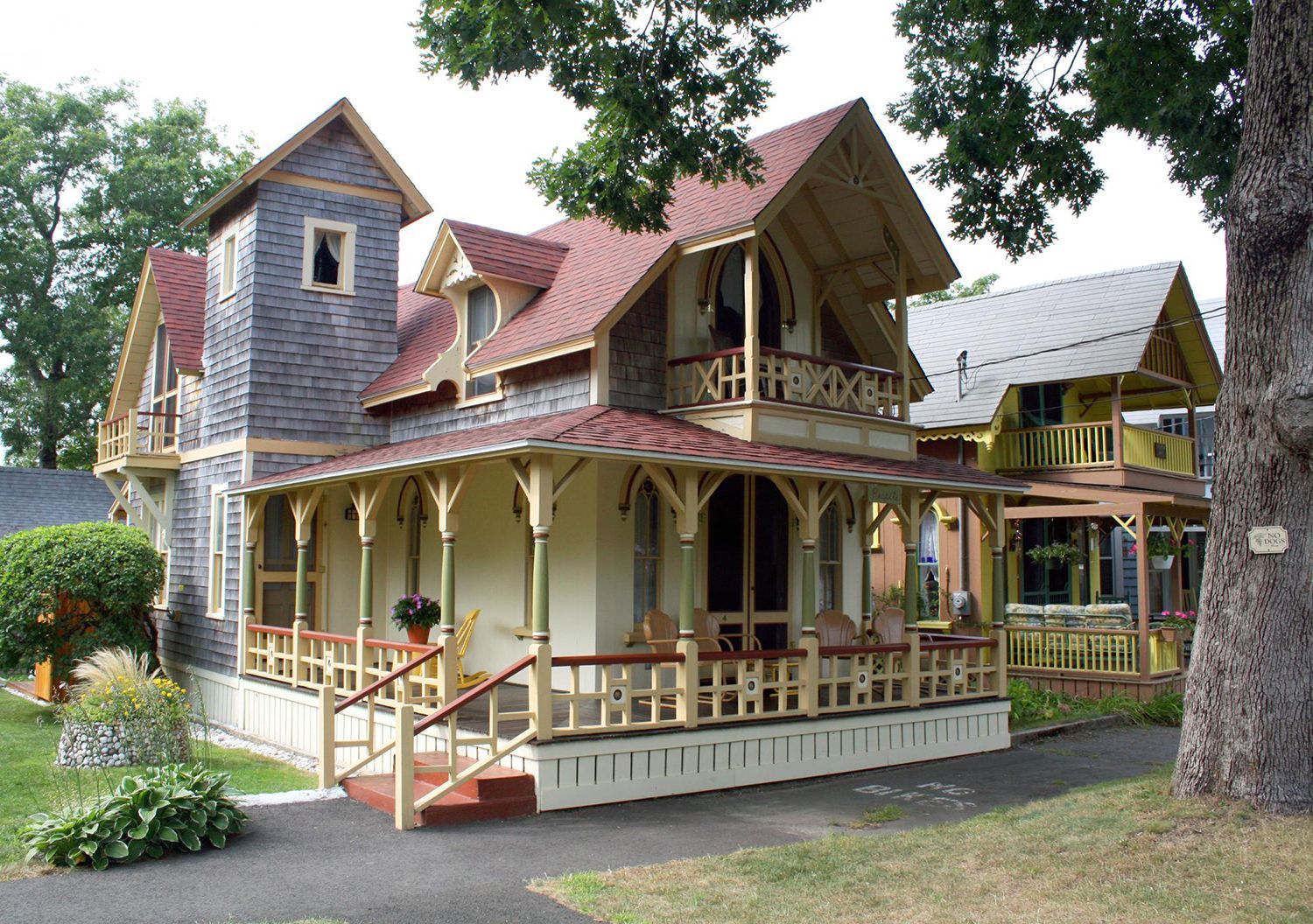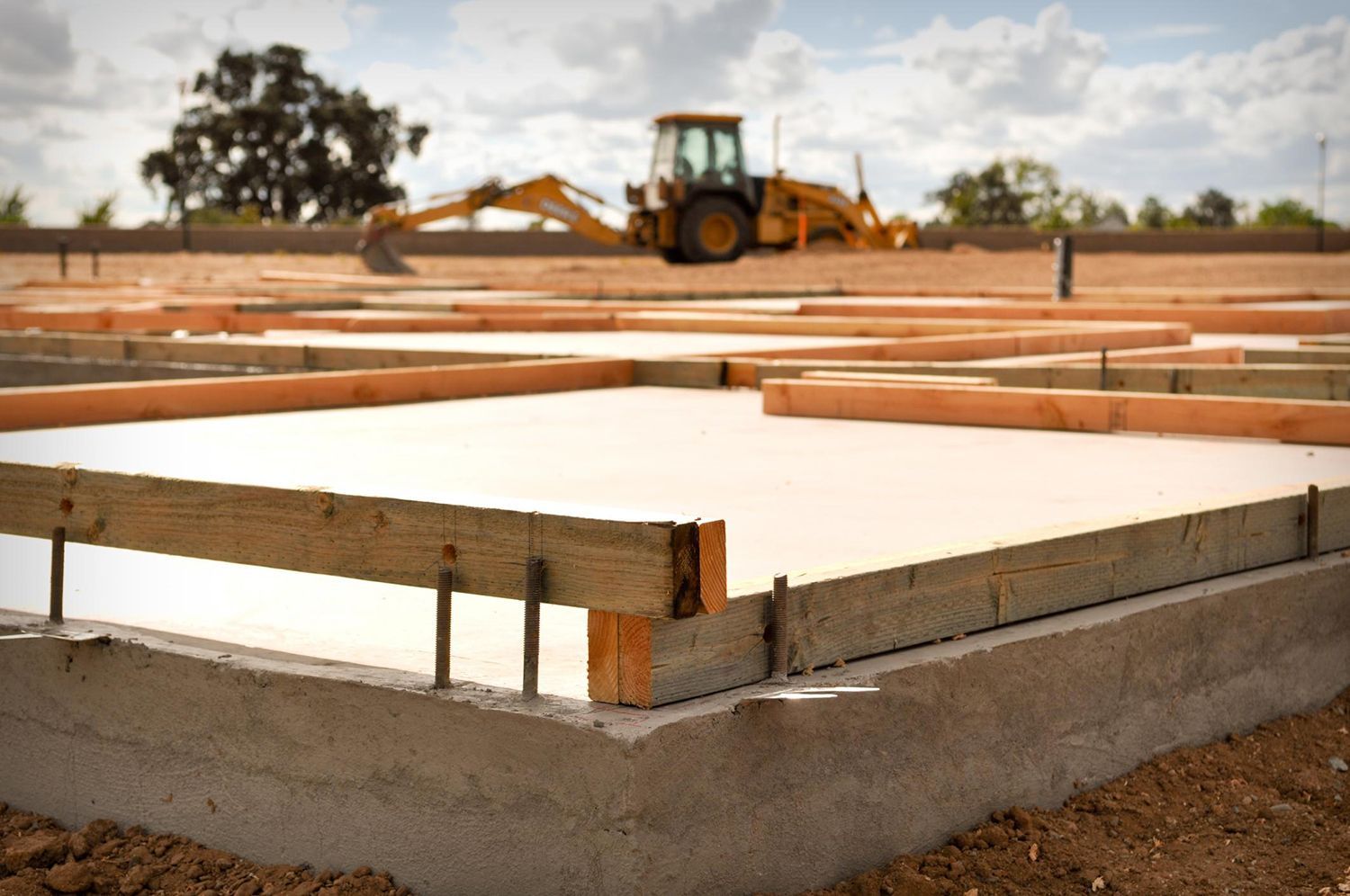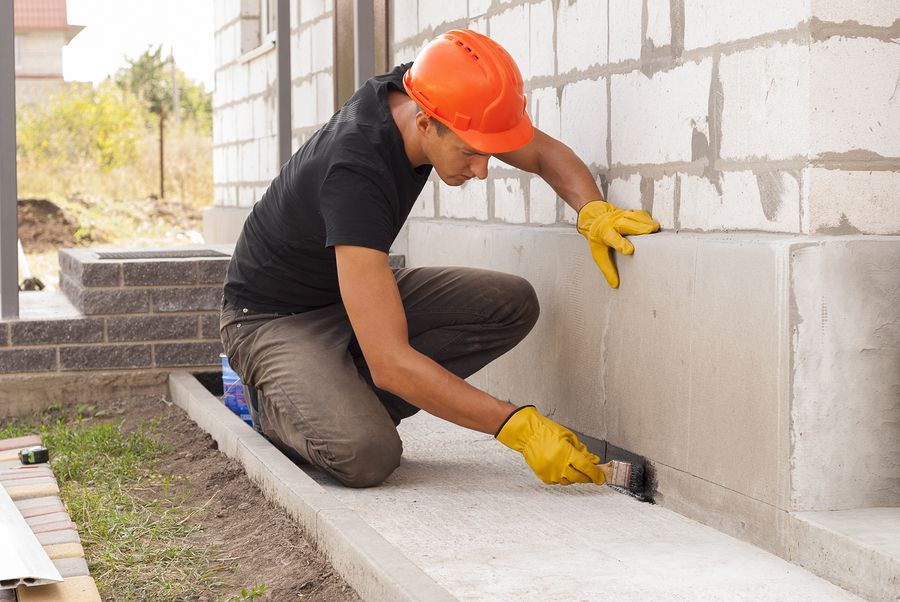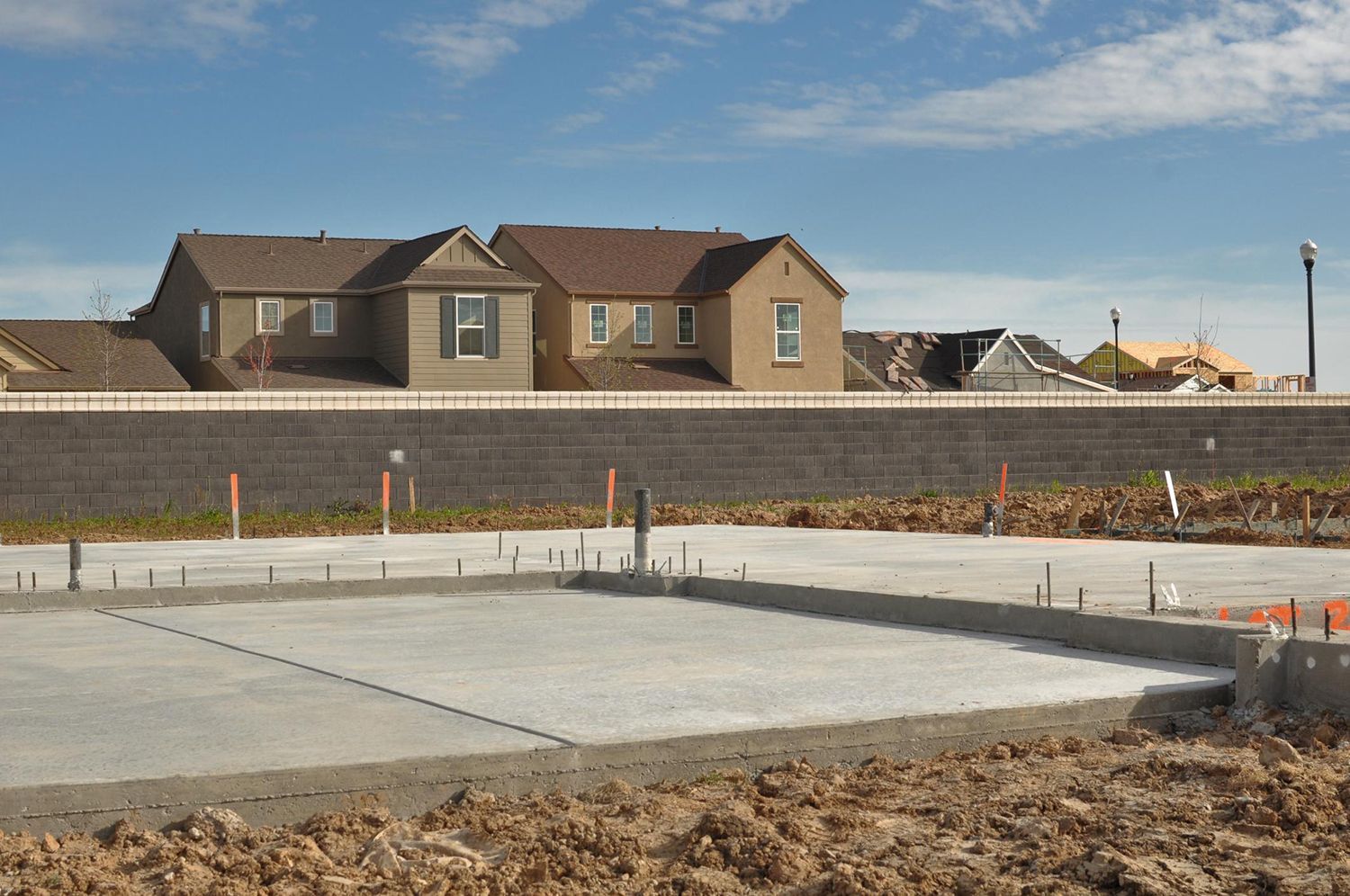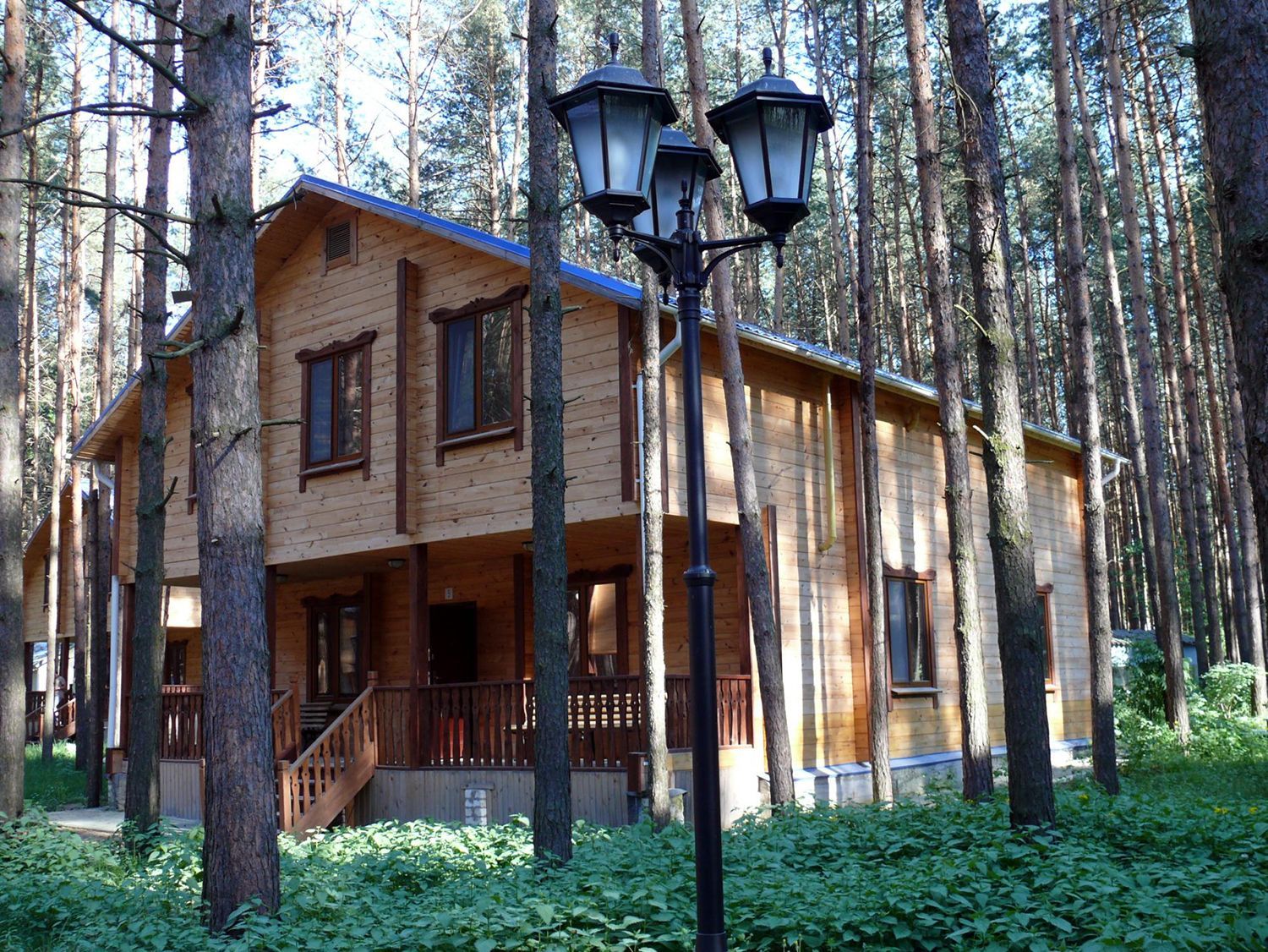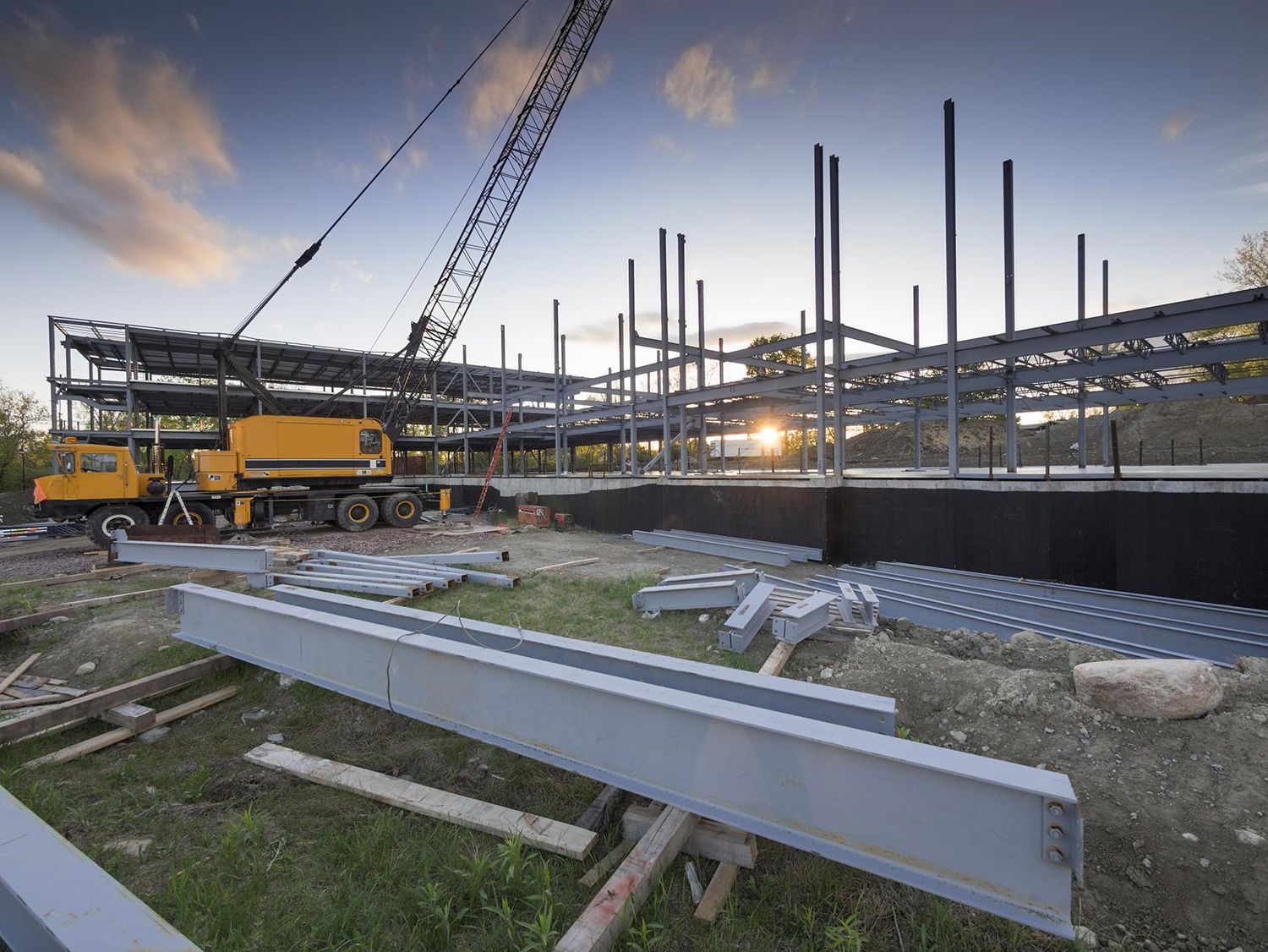Balanced Foundations: Securing Home Stability
"Restoring Balance and Strength: A Comprehensive Guide to Foundation Leveling"
Introduction
A strong and stable foundation is the cornerstone of a safe and comfortable home. Over time, various factors can lead to foundation issues, such as settling, shifting, or even damage. When these problems arise,
foundation leveling becomes a crucial solution to restore stability and maintain the integrity of your home's structure. In this comprehensive guide, we will explore the world of foundation leveling, covering everything from its importance and associated costs to the tools and techniques used by contractors. Whether you're facing foundation problems or simply want to learn more about this vital aspect of home maintenance, read on to discover how foundation leveling can ensure the long-term stability of your home.
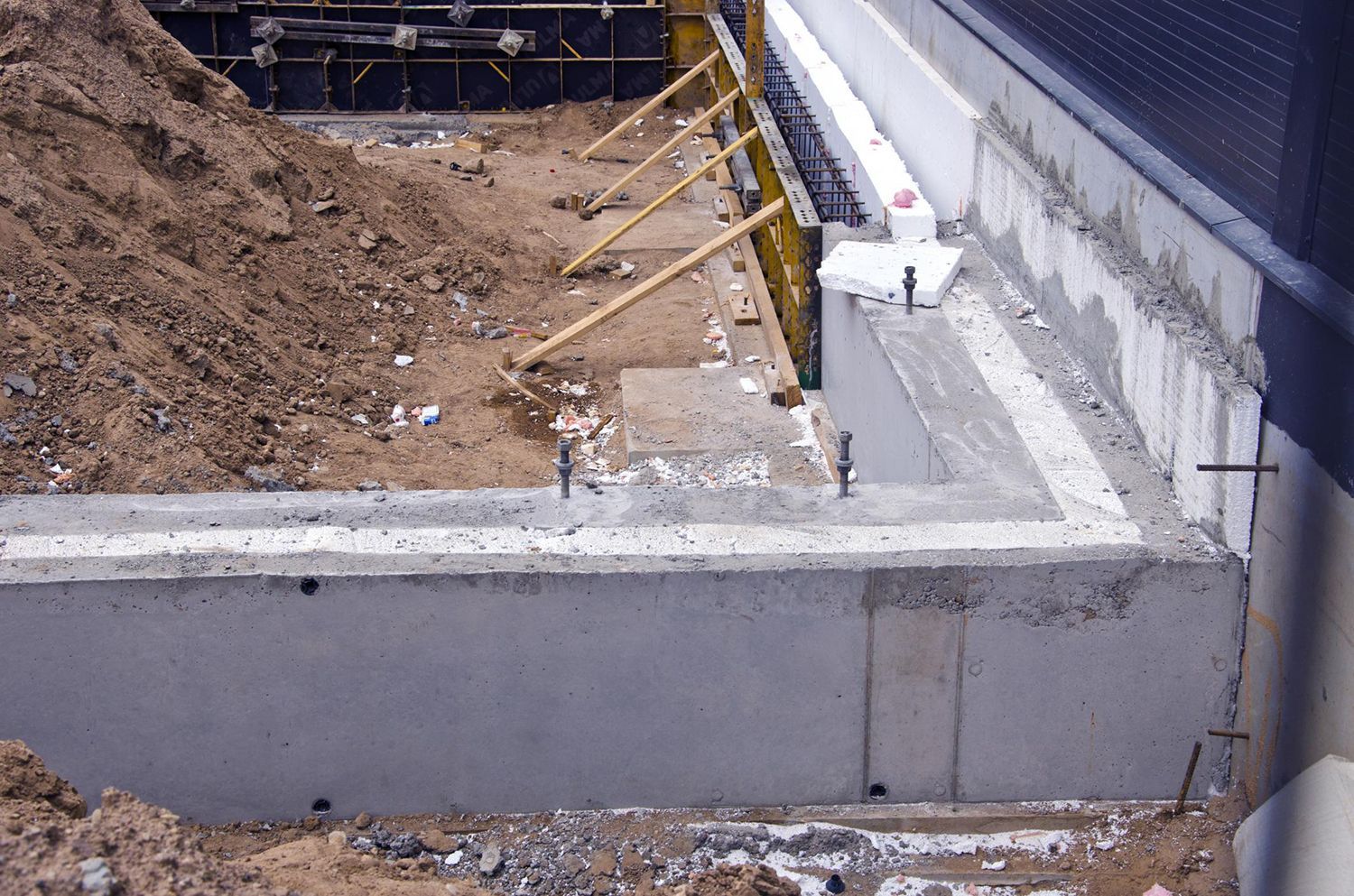
The Significance of Foundation Leveling
Foundation leveling is a specialized process aimed at restoring and maintaining the evenness and stability of a home's foundation. It is vital for several reasons:
Structural Integrity: A level foundation is essential for the overall structural integrity of your home. Uneven or sagging floors and walls can lead to more significant structural issues.
Safety: A stable foundation ensures the safety of your family and property. Uneven floors and structural instability can pose safety hazards.
Preventing Further Damage: Addressing foundation problems early through leveling helps prevent them from worsening over time, potentially saving you from costly repairs in the future.
Preserving Property Value:
A well-maintained and level foundation can increase the value of your property, making it more attractive to potential buyers.
Common Foundation Leveling Problems
Before delving into the methods and costs of
foundation leveling, it's essential to understand the common problems that may necessitate this procedure:
Foundation Settlement: Over time, a foundation may settle unevenly due to soil compaction, shifting, or other factors. This can result in sloping floors, cracked walls, and doors and windows that no longer operate correctly.
Soil Shifting:
Changes in soil conditions, such as moisture fluctuations or soil erosion, can cause the foundation to shift or sink.
Erosion:
Soil erosion around the foundation can create voids beneath the foundation, compromising its support.
Poorly Constructed Foundations: In some cases, a foundation may have been inadequately constructed or poorly designed, leading to instability.
Foundation Leveling Methods
Foundation leveling involves various methods, each tailored to address specific foundation issues. The choice of method depends on the extent of the problem and the recommendations of a structural engineer. Here are some common foundation leveling methods:
Slab Jacking: Slab jacking is a technique that involves injecting a mixture of grout or polyurethane foam beneath the foundation to lift and level it. This method is commonly used for slab foundations.
Helical Piers:
Helical piers are screw-like devices driven into the ground until they reach stable soil or bedrock. They are used to support and lift the foundation.
Push Piers:
Push piers are hydraulically driven into the ground to reach stable soil or bedrock. They provide vertical support for the foundation.
Concrete Piers: Concrete piers are poured in place beneath the foundation to provide support and level it.
Foundation Jacks: Foundation jacks, also known as house jacks, are temporary supports used to lift and level the foundation.
Foundation Leveling Costs
The cost of foundation leveling can vary widely based on factors such as the method used, the extent of the damage, the size and type of the foundation, and local labor and material costs. On average, homeowners can expect to pay between $1,000 and $5,000 for foundation leveling. However, more extensive projects or those requiring specialized techniques can cost significantly more.
Factors influencing the cost of foundation leveling include:
Number of Piers or Supports:
The more piers or supports needed, the higher the overall cost. The number depends on the severity and distribution of foundation issues.
Method Chosen:
Different leveling methods have varying costs. For example, slab jacking is often less expensive than installing concrete piers.
Foundation Type:
The type of foundation you have, whether it's a slab foundation or a crawl space foundation, can affect the cost of leveling.
Extent of Damage:
The severity of the foundation problems directly impacts the cost. Extensive damage may require more extensive repairs and, therefore, a higher cost.
Permit and Inspection Fees: Depending on local regulations, you may need permits for leveling work, which can add to the overall cost. Inspections may also be required to ensure the work meets safety standards.
Finding Reputable Foundation Leveling Contractors
Choosing the right contractor for your foundation leveling project is crucial for its success. Here are steps to help you find
reputable foundation leveling contractors:
Research:
Start by researching local contractors who specialize in foundation leveling. Look for online reviews, ask for recommendations from friends and neighbors, and check with the Better Business Bureau for any complaints.
Get Multiple Quotes:
Obtain quotes from several reputable contractors. Compare their pricing, proposed leveling methods, and warranties.
Check Credentials: Verify that the contractors are licensed, insured, and have experience with foundation leveling.
Ask for References:
Request references from past clients to gauge the quality of their work.
Review the Contract:
Before hiring a contractor, carefully review the contract, ensuring it includes all details of the leveling work, costs, and warranties.
Conclusion
Your home's foundation is the bedrock upon which your entire house stands, and its stability is paramount for your safety and investment. Foundation leveling offers a solution to address common foundation problems, prevent further damage, and ensure the long-term stability of your home.
Understanding the significance of foundation leveling, recognizing common foundation issues, and being aware of the available leveling methods and associated costs empower homeowners to make informed decisions about safeguarding their properties. By finding reputable contractors and taking timely action, you can strengthen your home's foundation and protect your most significant investment for years to come.
In a world where homes are subject to various external forces, foundation leveling stands as a reliable measure to ensure that your dwelling remains a fortress of stability and security. So, if you're experiencing
foundation issues or simply want to ensure your home's long-term stability, don't hesitate to explore the world of foundation leveling and take proactive steps to protect your investment.

